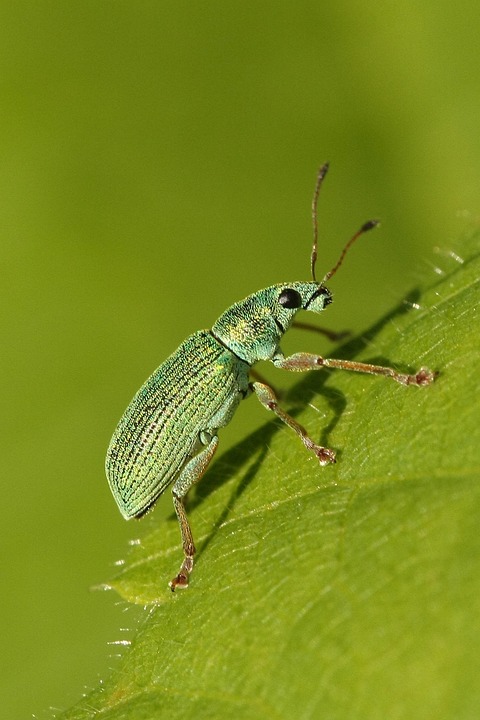From Garden to Home: Why Chemical-Free Bug Sprays Are a Must-Have
In today’s world, where the modern lifestyle often means more exposure to synthetic chemicals than ever before, the quest for natural solutions has garnered increased attention. As we become more aware of our environmental impact and the potential health risks posed by harsh chemicals, gardening enthusiasts and homeowners alike are seeking alternatives that are not only effective for pest control but also safe for families, pets, and the planet. Chemical-free bug sprays are emerging as a must-have in this journey from garden to home, and here’s why.
The Risks of Chemical Pesticides
Traditionally, chemical pesticides have dominated the market for pest control. While they can be effective in eliminating unwanted insects, their use comes with significant drawbacks. Many synthetic pesticides contain harmful ingredients that can seep into our soil and water supplies, ultimately affecting local ecosystems. Furthermore, these chemicals are often linked to adverse health effects, including respiratory issues, skin irritations, and even long-term conditions like cancer.
Children and pets are particularly vulnerable to these risks, as they are more likely to come into contact with treated surfaces or contaminated food. The long-term effects of prolonged exposure to chemical pesticides are still being studied, but the precautionary principle suggests that reducing exposure where possible is the safest approach.
Embracing Chemical-Free Solutions
Fortunately, a variety of effective chemical-free bug sprays are available, offering an eco-friendly approach to pest control. These natural alternatives are typically made from plant-based ingredients and essential oils known for their insect-repelling properties. Some common ingredients include:
- Neem Oil: Derived from the seeds of the neem tree, this oil disrupts the reproductive cycle of insects and acts as a natural pesticide.
- Diatomaceous Earth: Made from the crushed remains of tiny aquatic organisms, this powder is effective against crawling insects by dehydrating them.
- Essential Oils: Oils like peppermint, lavender, and citrus are not only fragrant but repel a variety of pests due to their strong scents.
- Soap Solutions: Simple mixtures of soap and water can effectively suffocate soft-bodied insects, making them a safe option for garden use.
These natural solutions not only minimize the chemical load in our environments but also promote a healthier ecosystem. Using them ensures that beneficial insects like bees and ladybugs are unharmed, helping maintain the delicate balance of your garden.
Benefits for Your Home and Family
When you choose chemical-free bug sprays for your home, you’re not just protecting your plants; you’re also creating a safer living space. Here are some compelling benefits:
-
Safer for Children and Pets: Natural sprays do not contain harmful toxins, making them a safer choice for households with young children and pets who may inadvertently come into contact with treated areas.
-
Environmental Responsibility: By opting for chemical-free solutions, you are contributing to the health of local ecosystems and helping to preserve biodiversity.
-
Sustainable Practices: Many chemical-free bug sprays can be made at home using easily accessible ingredients, encouraging a sustainable approach to pest management.
- Long-Term Health: Reducing your exposure to harmful chemicals can have significant long-term health benefits for you and your family, fostering a healthier lifestyle.
Enhancing Your Gardening Experience
Transitioning to chemical-free bug sprays can also deepen your connection with nature. As you learn about homemade recipes and the natural interactions within your garden, you may find a renewed appreciation for the environment. The process of identifying beneficial insects versus pests, and the role of various plants in your garden ecosystem, can turn pest control into an educational and rewarding experience.
Conclusion
As we continue to prioritize health and environmental sustainability, embracing chemical-free bug sprays is more than just a trend—it’s a necessary shift in how we manage pests in our gardens and homes. By choosing natural alternatives, we can protect our health, support beneficial wildlife, and promote a safer and more sustainable way of living. Whether you’re a seasoned gardener or just starting your journey, incorporating these natural solutions will not only enhance your gardening experience but also contribute to a cleaner, greener planet for future generations. So, let’s make the switch from chemicals to natural sprays and foster a healthier home and garden environment!
